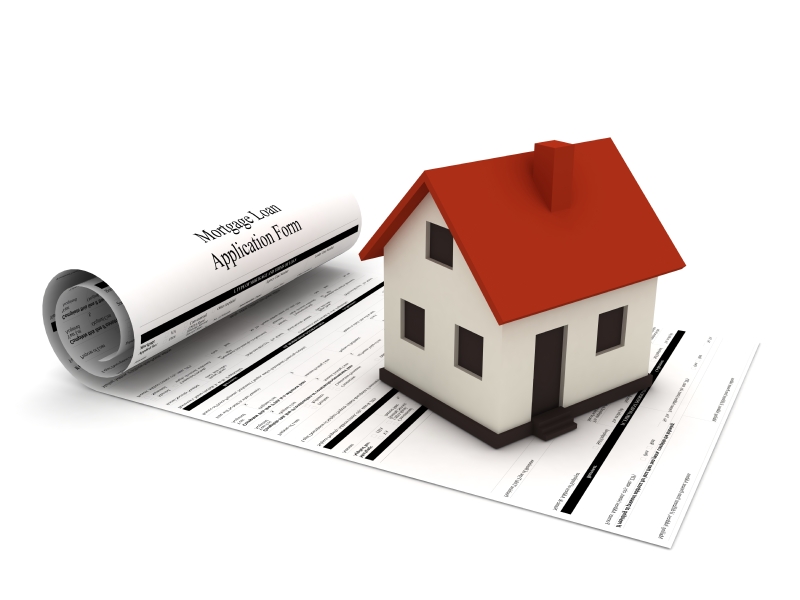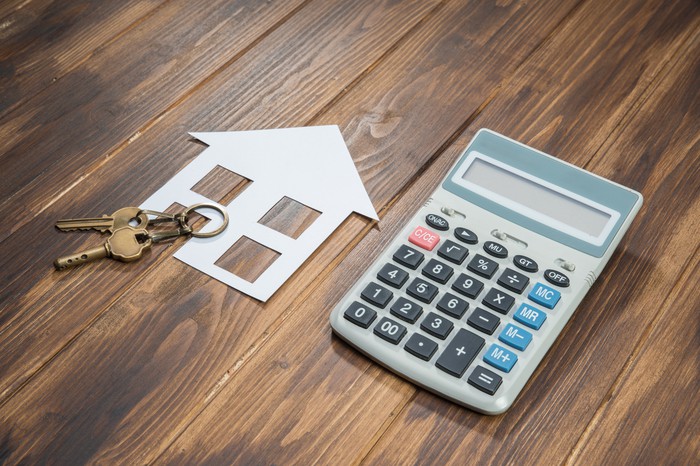 Atlanta remains a very healthy real estate market, with properties of all price ranges from starter homes to high-end luxury estates. Atlanta proper has a population of around 500,000 yet when you include the surrounding areas, it’s over to 1.5 million.
Atlanta remains a very healthy real estate market, with properties of all price ranges from starter homes to high-end luxury estates. Atlanta proper has a population of around 500,000 yet when you include the surrounding areas, it’s over to 1.5 million.
The relatively low median home values also mean it’s easier to qualify for a home, especially considering the low-interest rate environment we’ve been in over the past few years. The FHA mortgage is one of the most popular in the area, especially for first time home buyers.
There are several reasons why first time home buyers in Atlanta, Georgia take advantage of the FHA home loan program to buy and finance their very first home. There are many types of mortgage loan programs in today’s marketplace, but they can be broken down into two distinct categories- conventional and government-backed.
Conventional loans are those issued by lenders where the lender assumes all the risk of approving a mortgage loan. Should a conventional loan ever go into default, the lender is forced to recover and resell the property, often times below market value. Not only can the lender lose in that regard but there’s also the loss of interest and principal from the note.
Government-backed loans however do come with a guarantee. These loan programs compensate the mortgage company for all or part of the loss, depending upon the program. If an FHA loan ever goes into default, the lender is compensated for the loss. There are three such loan programs, the other two are the VA and USDA mortgages. Yet the FHA loan doesn’t have any restrictions on who is eligible for the loan nor does it have set property boundaries.
First Time Buyers & FHA Loans
 First time buyers in Atlanta and surrounding areas choose the FHA program more often than any other loan. Why? The most attractive feature of the FHA loan program is the low down payment needed. The down payment requirement for an FHA loan is just 3.5% of the purchase price. That means it takes less time to save up for a down payment. Without a doubt, the low down payment is the primary attraction for first-time homeowners.
First time buyers in Atlanta and surrounding areas choose the FHA program more often than any other loan. Why? The most attractive feature of the FHA loan program is the low down payment needed. The down payment requirement for an FHA loan is just 3.5% of the purchase price. That means it takes less time to save up for a down payment. Without a doubt, the low down payment is the primary attraction for first-time homeowners.
Qualifying for an FHA loan is a bit easier compared to other conventional, low-down payment options. Because the loan program carries a guarantee to the lender, it allows mortgage companies to approve a loan with confidence, knowing that should something happen down the road they will be compensated for the loss.
This compensation is the result of two separate mortgage insurance policies attached to each and every FHA loan. There is an upfront mortgage insurance premium that is rolled into the loan amount. This premium is 1.75% of the base loan amount.
There is also an annual premium that is paid in monthly installments that can vary based upon the type of loan term and amount of down payment. With a 30-year fixed-rate loan and the standard 3.5% down payment, the annual mortgage insurance premium (monthly charge) is 0.55% of the outstanding loan balance.
Credit requirements are a bit relaxed with FHA loans. The Federal Housing Administration sets the minimum credit score requirement to 500. However, most lenders will have internal restrictions that limit this requirement to 580+ depending on the down payment amount made.
It’s also important to note that even though the FHA loan program uses FHA guidelines, the FHA doesn’t actually approve the loan nor handle it in any way. Instead, FHA-approved mortgage companies process all the paperwork. With an FHA approved lender, there is no need to send a loan application to third parties for any reason which saves both time and money.
An FHA loan is processed and approved much like any other mortgage program. FHA loans require borrowers to meet certain debt-to-income ratios. This “debt ratio” compares gross monthly income with all monthly credit obligations, including the new mortgage payment and there are two such qualifying debt ratios with FHA loans, sometimes referred to as a “front” and a “back” ratio. The front ratio is the total housing payment compared to monthly income.
The suggested ratio is around 33 which means the housing payment should be about 33% of gross monthly income. Note the term “suggested.” It’s not a hard and fast rule, but a guideline only. The back ratio then adds other credit payments such as a car payment or a credit card. This number should be below 48% in most cases.
To calculate the total income for all borrowers on the application, copies of check stubs covering a 60-day period will be reviewed or if self-employed, two years of federal income tax returns, both personal and business are needed. There is also a two-year minimum employment history needed in order to qualify. The last two years of W2 forms can help fulfill this requirement.
Finally, to make sure there are enough funds for the 3.5% down payment to buy and finance a home in Atlanta copies of recent bank statements showing sufficient funds to close will be included with the final loan file.
If you’re looking for a low down payment loan and you’re not eligible for a VA home loan, you’ll have a hard time finding a better option. There are other programs that don’t need a down payment of 10 to 20 percent or more, but after speaking with your loan officer, you can bet the FHA loan will be a good option.
Contact us today to learn more. We serve Georgia 7 days a week, including Cherokee, Clayton, Cobb, DeKalb, Douglas, Fayette, Forsyth, Fulton, Gwinnett, Henry and Rockdale counties.
Please call or just submit the Info Request Form on this page.
